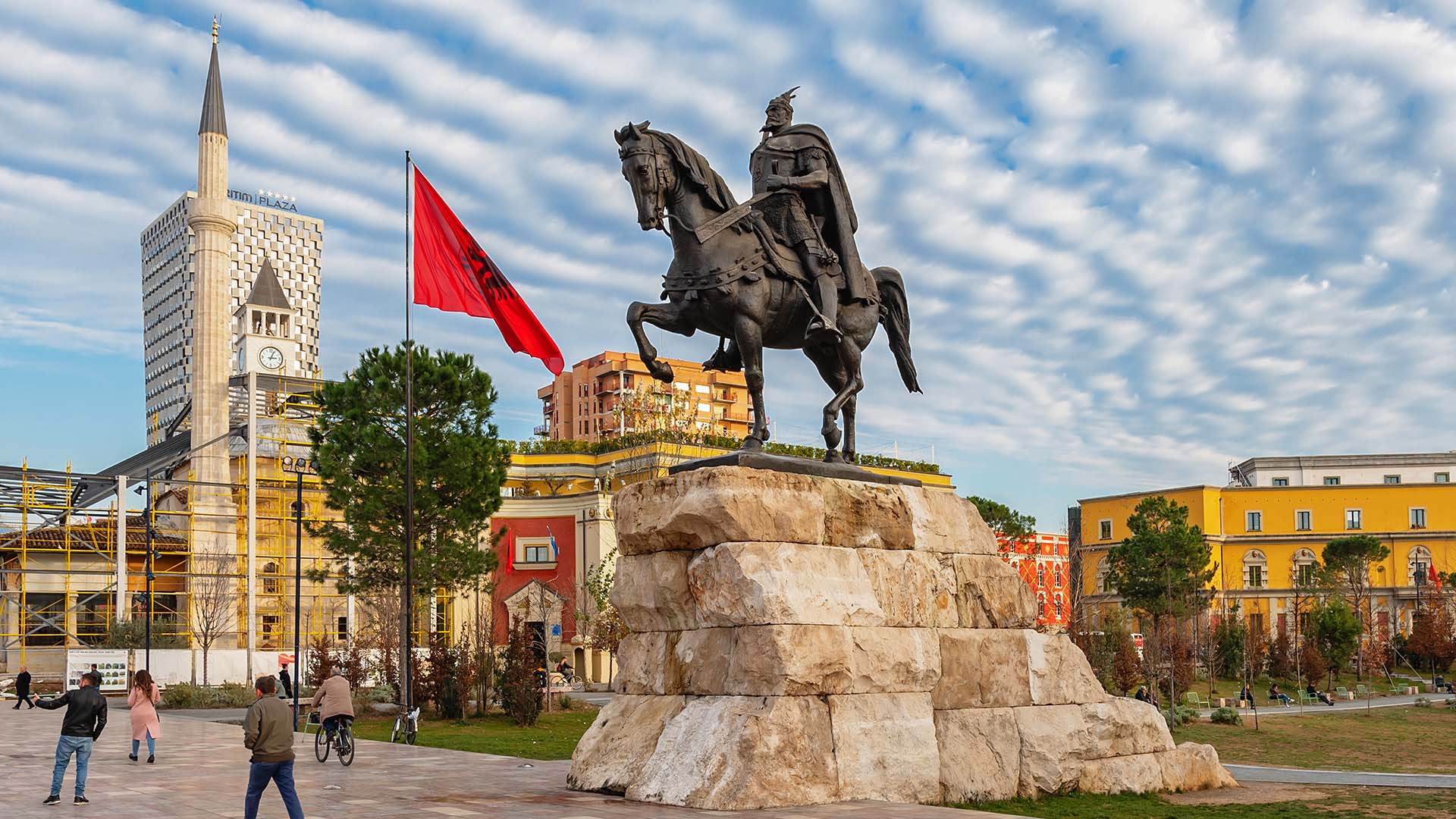Policy Recommendations
- The political will of the domestic political elites – or the lack of it – should be taken into account when initiating such deep reform(s) because it is a precondition for an efficient implementation of the required changes and results.
- The good governance features should apply to the newly established judicial institutions and structures. Their implementation is crucial in determining the outputs and the long-term impact of the reform.
- The citizens, who are the main beneficiaries of the reform, should be involved throughout the whole process from the design of the reform to its implementation and operation. Thus, there is a need to prepare information in a way that makes it easier for citizens to understand and to create external mechanisms such as involving representatives of civil society, academia or bar associations to monitor the strategic action plans of the new justice institutions.
Abstract
Judiciary and rule of law, more specifically, is a core element for the accession negotiations with the European Union (EU). In this regard, since 2014 and well before the decision of the European Commission to recommend the start of EU accession negotiations, Albania initiated a deep-cutting reform of its judiciary system. However, while the reforms in Albania were advancing, an increasing role of the member states in the EU accession process emerged. The 2020 enlargement strategy of the European Commission confirms this increased role and involvement of the member states in setting benchmarks, monitoring the progress of the reforms and providing technical assistance on the ground in selected sectors.
In the case of Albania, the enlargement instruments have been primarily focused on the justice reform, therefore, it gives the opportunity to go beyond the simply adoption of the acquis communautaire and of the capacity building approach (i.e. the formal establishment of new structures and institutions). This Policy Brief aims to draw some lessons from the implementation of the justice reform in Albania, which also allows to build a coherent body of knowledge that will assist to better plan, implement, monitor and maintain a sustainable institutional reform dynamic all over the Western Balkans region.
* This Policy Brief is inspired by and draws its reflections based on CDI’s previous research conducted in the framework of ALBE initiative focused on Justice Reform and Enlargement.
The Policy Brief is published in the framework of the WB2EU project. The project aims at the establishment of a network of renowned think-tanks, do-tanks, universities, higher education institutes and policy centres from the Western Balkans, neighbouring countries and EU member states that will be most decisive for the enlargement process and Europeanisation of the region in the upcoming years. The WB2EU project is co-funded by the European Commission under its Erasmus+ Jean Monnet programme.



